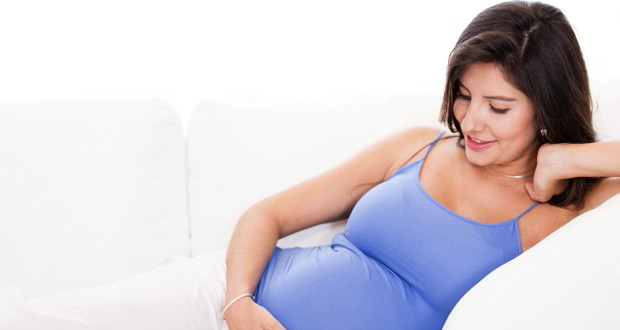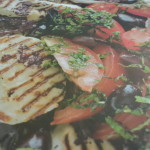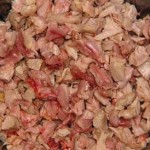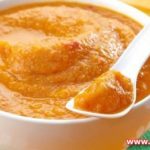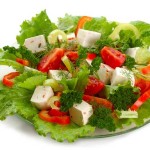Tired, distracted. These symptoms know many expectant moms. They do not always caused by an iron deficiency in pregnancy, but the mineral deficiency can be a cause.
A pregnant woman needs, according to the recommendations ,Nutrition approximately 30 milligrams of iron per day. Ideally, she takes the on with the food – there are many foods in which iron plugged. But sometimes this is not enough, because the body can not utilize iron from food as well and there is an iron deficiency during pregnancy – often in the last third.
Because iron is a very important mineral and it is required for the development of the child. The woman doctor regularly monitored with blood tests whether an iron deficiency exists in the pregnancy or whether the iron stores are still full. Iron will, among other things required for the formation of red blood cells responsible for transporting oxygen.
Iron deficiency increases the risk of miscarriage and premature birth. Moreover, it may happen that not developed by the lack of oxygen supply in the blood of the baby’s brain properly.
So it does not even come to an iron deficiency in pregnancy, the woman should eat enough iron-rich foods expectant moms. Preferably in combination with vitamin C, which improves the absorption by the body.
If there is already a lack of iron, the doctor may during pregnancy – and optionally thereafter – prescribe the intake of iron supplements. This should be decided by the doctor – pregnant women should not arbitrarily take any dietary supplements!
- Iron deficiency and its symptoms
Typical symptoms of iron deficiency are constant tiredness, fatigue and concentration problems. In addition, pregnant women suffer in such cases often pale, chapped skin and they are more susceptible to colds and other infections.
- Iron-containing foods: meat
Meat is a very good source of iron – especially organ meats such as liver. Since, however, is not suitable for the diet of a pregnant woman, lean cuts of meat such as fillet should be preferred, for example beef or veal fillet.
- 100 g veal (breast, leg): 3 mg iron
- 100 g veal (chop): 2.1 mg iron
- 100 g beef (tenderloin): 2.3 mg iron
- 100 g ground beef: 2.4 mg iron
- 100 g beef (comb): 3.2 mg iron
- 100 g Pork (tenderloin): 1.3 mg iron
- 100 g pork (escalopes, comb): 2.2 mg iron
- Iron-containing foods: legumes
The plant food legumes are fed up way ahead when it comes to the iron content. Pregnant women should regularly resort to lentils, chickpeas and white beans. Who seasons legumes with cumin, improves digestibility.
- 100 g of dried lentils: 7.5 mg iron
- 100 g white beans: 6.1 mg iron
- 100 g chickpeas: 6.9 mg
- 100 g of soybean: 6.7 mg
- Iron-containing foods: cereals
Besides legumes cereals like oatmeal or millet are excellent sources of iron. The best oatmeal with a large glass of orange juice enjoying, by the vitamin C, the usability is increased.
- 100 g oatmeal: 5.2 mg
- 100 g wheat: 3.3 mg
- 100 g rye: 4.8 mg
- 100 g barley: 2.8 mg
- 100 g green core: 4.2 mg
- 100 g millet: 9 mg
- 100 g quinoa: 8 mg of iron
- 100 g Amaranth: 9 mg
- Iron-containing foods: vegetables
When it comes to iron-rich vegetables, most people think immediately of spinach. The green leafy vegetables are actually very rich in iron. But there are still some other vegetables with lots of iron.
- 100 g Spinach: 3.4 mg
- 100 g black salsify: 3.3 mg
- 100 g purslane: 3.6 mg iron
- 100 g of nettle: 4 mg
- 100 g fennel: 2.7 mg
Related Posts
